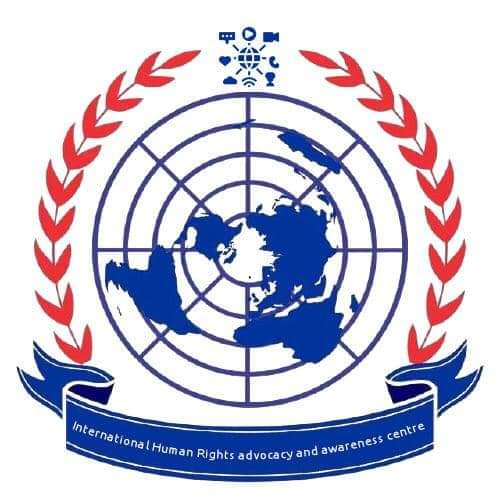Human Rights Group Urges Nigerian Government to Tackle Violations and Economic Challenges

Katsina Times, October 12, 2024
The International Human Rights Advocacy and Awareness Centre (IHRAAC) has raised deep concerns over escalating human rights violations in Northwest Nigeria and the ongoing economic hardships facing citizens. In a statement signed by Dr. Salisu Musa, Chairman of IHRAAC, the organization highlighted the increasing insecurity in the region and the detrimental effects of the government's policies on the petroleum sector.
Human Rights Violations in the Northwest
According to IHRAAC, Nigeria’s Constitution guarantees the right to life and the dignity of the human person, as enshrined in "Chapter IV, Sections 33 and 34," respectively. However, the group asserts that persistent violence, abductions, and systemic abuses in the Northwest violate these constitutional rights and the African Charter on Human and Peoples' Rights. Article 4 of the Charter affirms the right to life, while Article 5 prohibits torture and inhumane treatment, all of which IHRAAC claims are being disregarded.
Dr. Salisu Musa, along with key IHRAAC officials, including National Coordinator Mrs. Bilkisu Musa Yakubu, and project coordinators from various states, has called for immediate action to address these violations.
Economic Hardship and Petroleum Sector Mismanagement
IHRAAC further criticized the government's handling of the petroleum sector, which it claims has deepened economic challenges for Nigerians. Citing "Section 16" of the Nigerian Constitution, which mandates the government to ensure the welfare of its people, the group stressed that current policies are exacerbating poverty and inequality. IHRAAC linked this to broader violations of international agreements, such as Article 22 of the African Charter on Human and Peoples' Rights and Article 25 of the Universal Declaration of Human Rights, which guarantee economic development and a standard of living that includes access to food, housing, and healthcare.
Implications of Non-Compliance
The statement warns that the Nigerian government's failure to address these issues could have severe consequences both domestically and internationally. Domestically, IHRAAC argues that continued human rights violations undermine public trust and contribute to insecurity, while economically, the policies on petroleum are worsening poverty. Internationally, IHRAAC points to Nigeria’s recent loss of a seat on the United Nations Human Rights Council as a reflection of growing concerns about the country’s human rights record.
IHRAAC also cautions that Nigeria risks international sanctions, reduced foreign aid, and diminished diplomatic influence if these issues remain unaddressed.
Call for Action
In its conclusion, IHRAAC issued a call to the Nigerian government to take immediate steps to:
1. Address Human Rights Violations: Enhance security and uphold legal processes that protect the rights of citizens in the Northwest.
2. Alleviate Economic Hardship: Reassess petroleum pricing policies and implement economic reforms that prioritize the well-being of the people.
3. Restore Nigeria’s Global Standing: Commit to upholding human rights and increase transparency to improve the country's international reputation.
IHRAAC emphasized that the Nigerian government must seize this opportunity to restore trust, dignity, and justice for its citizens.

